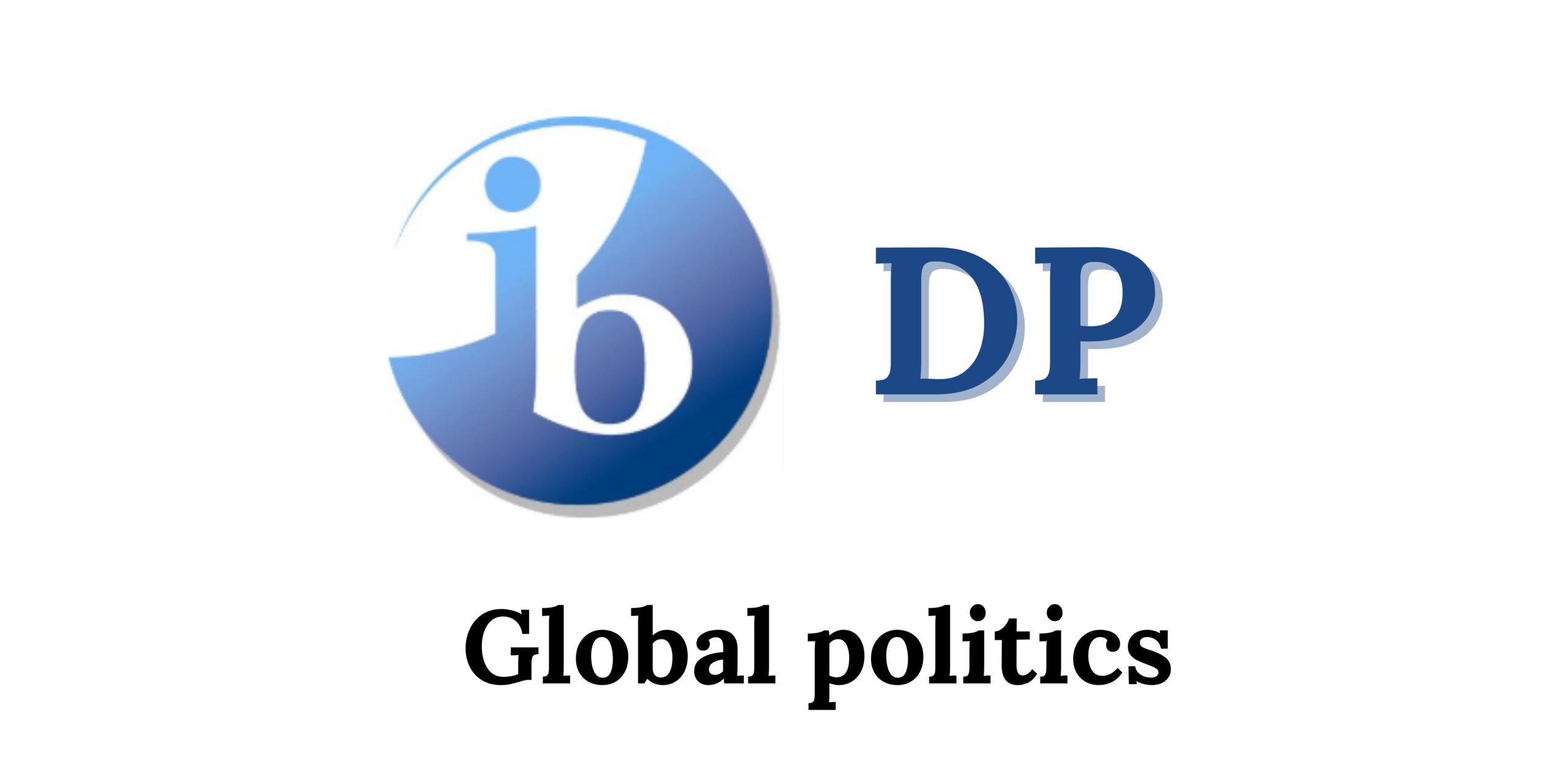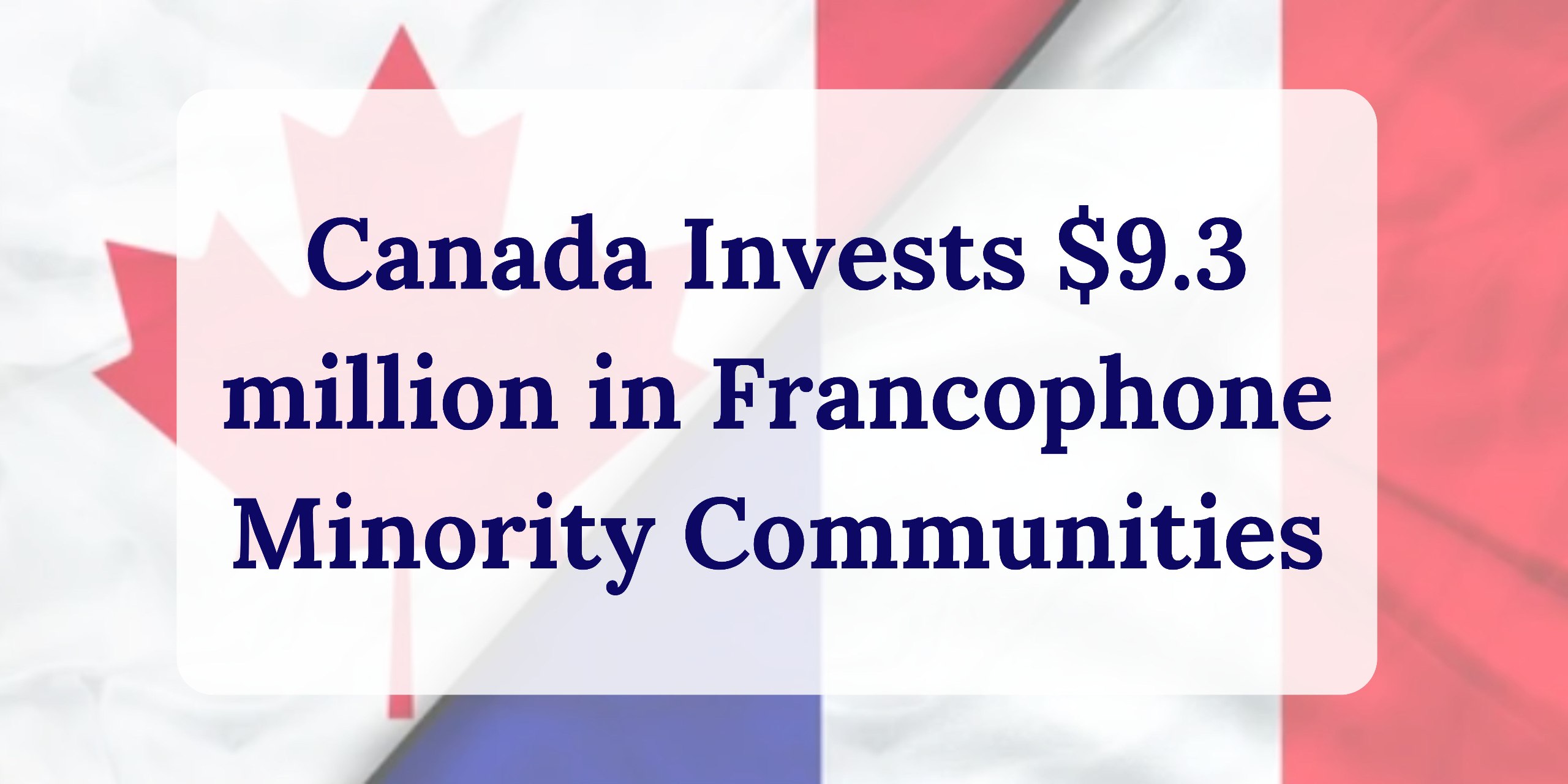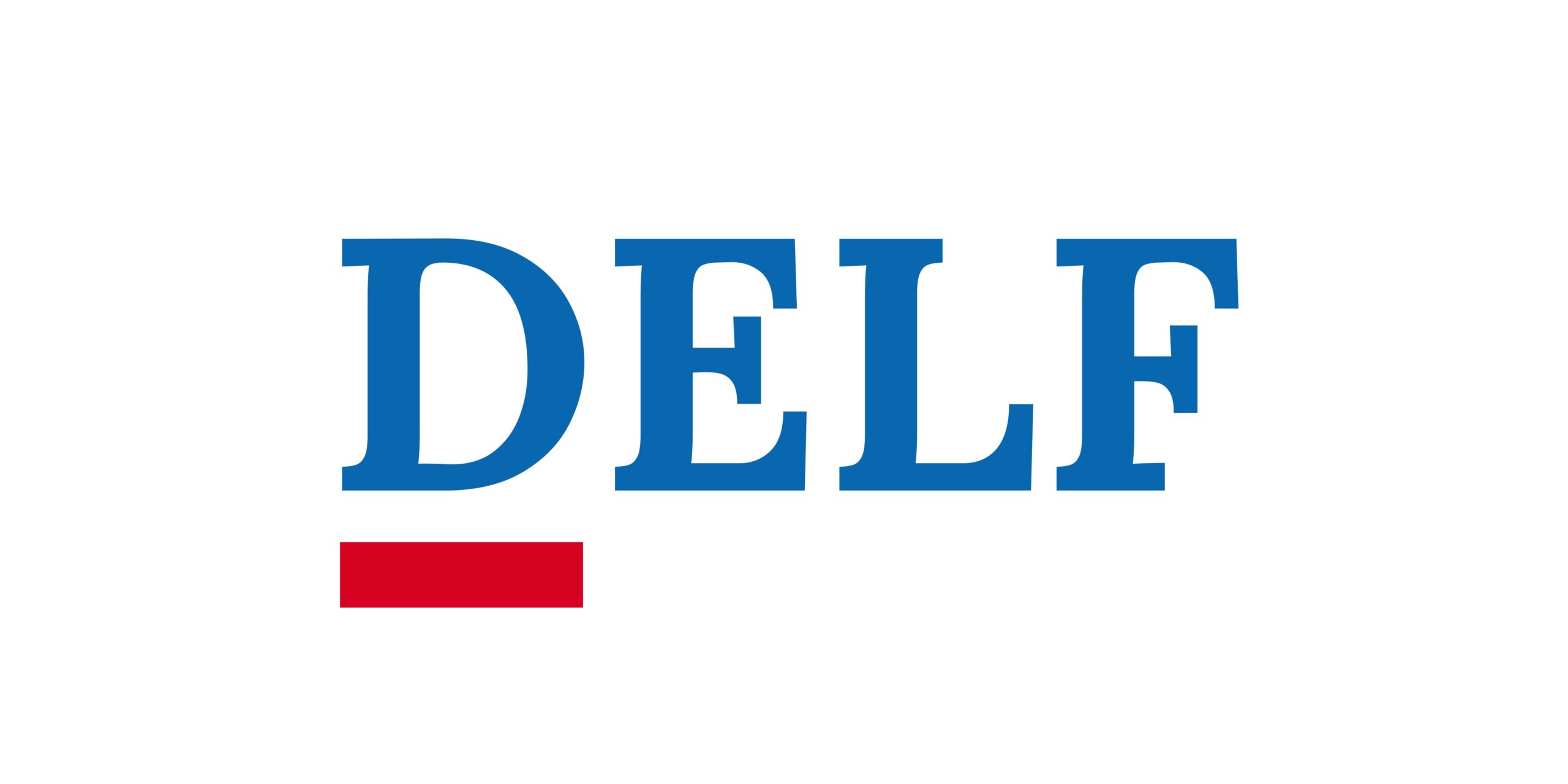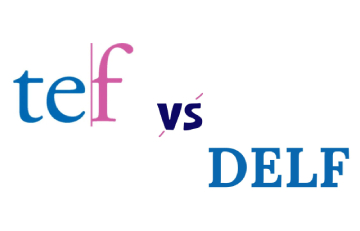
The global politics course explores essential concepts like power, equality, sustainability, and peace across various contexts and levels. It emphasizes international-mindedness and diverse perspectives, fostering debate and the ability to interpret competing views.
Both standard and higher-level students engage with a core theme, “People, Power, and Politics,” which includes four main units:
• Power, sovereignty, and international relations
• Human rights
• Development
• Peace and conflict
Drawing from political science, international relations, and broader social sciences, the course enhances students’ understanding of political processes at local, national, and global levels. Through critical examination of contemporary issues, students explore:
• Key concepts such as power, sovereignty, and interdependence
• Global political topics, including political systems, actors, and frameworks
• Real-world case studies that shape political inquiry.
The course aims to enable students to:
• Analyze power dynamics in contemporary global politics
• Understand the roles of state and non-state actors in political systems
• Investigate political issues and challenges from multiple perspectives
• Cultivate a commitment to global citizenship through collaboration and action.
For general information about the International Baccalaureate (IB) program, visit this link.
Components of the curriculum
| Syllabus component | SL teaching hours | HL teaching hours |
|---|---|---|
| Core Understanding power and global politics Thematic studies: • Rights and justice • Development and sustainability • Peace and conflict | 125 | 125 |
| Internal assessment: Engagement project | 25 | 35 |
| HL extension: global political challenges | — | 80 |
| Total | 150 | 240 |
Assessment
By the end of the DP History course, students should have accomplished the following objectives:
1. Knowledge and Understanding:
– Demonstrate understanding of power dynamics, political concepts, relevant sources, and global political challenges.
2. Application and Analysis:
– Apply key concepts to analyze political issues in diverse contexts.
– Evaluate information, claims, and perspectives from sources.
– Use evidence to build and sustain well-reasoned arguments.
3. Synthesis and Evaluation:
– Synthesize and evaluate evidence, including source material, on global politics.
– Assess perspectives and approaches to political issues.
– Examine political beliefs, positions, and biases from multiple angles.
4. Skills Application:
– Conduct thorough research on political topics.
– Communicate findings and analysis clearly.
– Reflect on research processes and outcomes.
| Type of assessment | Format of assessment | SL (hours) | HL (hours) | Weighting of final grade SL | Weighting of final grade HL |
|---|---|---|---|---|---|
| External assessment | 2.75 | 4.25 | 70% | 80% | |
| Paper 1 | Source-based questions that address topics from the global politics core in an integrated way | 1.25 | 1.25 | 30% | 20% |
| Paper 2 | Extended response questions based on prescribed content from the thematic studies | 1.5 | 1.5 | 40% | 30% |
| Paper 3 (HL only) | Stimulus-based questions related to the HL extension syllabus (global political challenges) | — | 1.5 | — | 30% |
| Internal assessment | 25 | 30 | 30% | 20% | |
| Engagement project | A written report on a political issue explored through engagement and research | 25 | 30 | 30% | 20% |
If you need help with Global Politics or any other subject, our tutors are ready to support you on your academic journey. Don’t miss your chance to succeed—take a trial lesson today!
Paper 1 (SL and HL):
A source-based exam covering core themes of power and global politics. It emphasizes the relevance and diversity of sources.
Paper 2 (SL and HL):
An extended-response exam drawing from thematic studies (rights and justice, development and sustainability, peace and conflict). It includes questions focused on specific themes as well as cross-thematic questions to encourage integration of knowledge.
Paper 3 (HL only):
A stimulus-based paper tied to HL extension inquiries on global political challenges. Students use knowledge and evidence from their own case studies to answer the questions.
Internal Assessment – Engagement Project:
This experiential learning project focuses on engaging with diverse perspectives and developing key skills. It emphasizes the importance of planning, researching, and reflecting to create meaningful links between the project and other course components.











